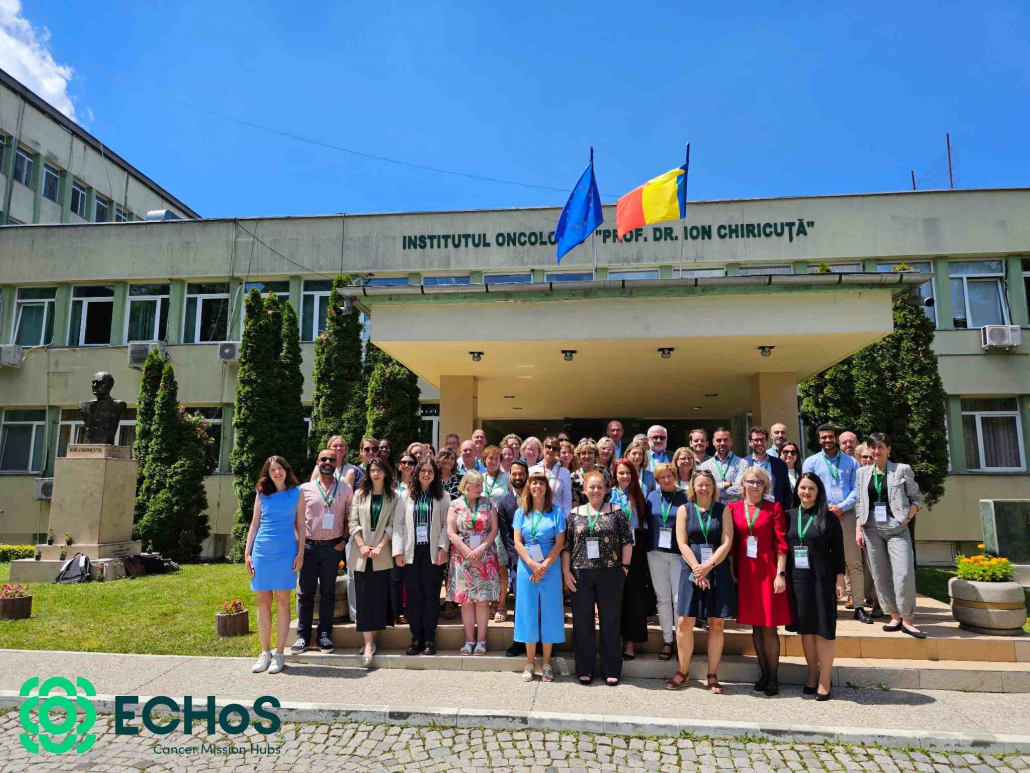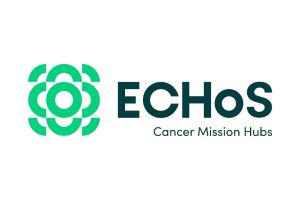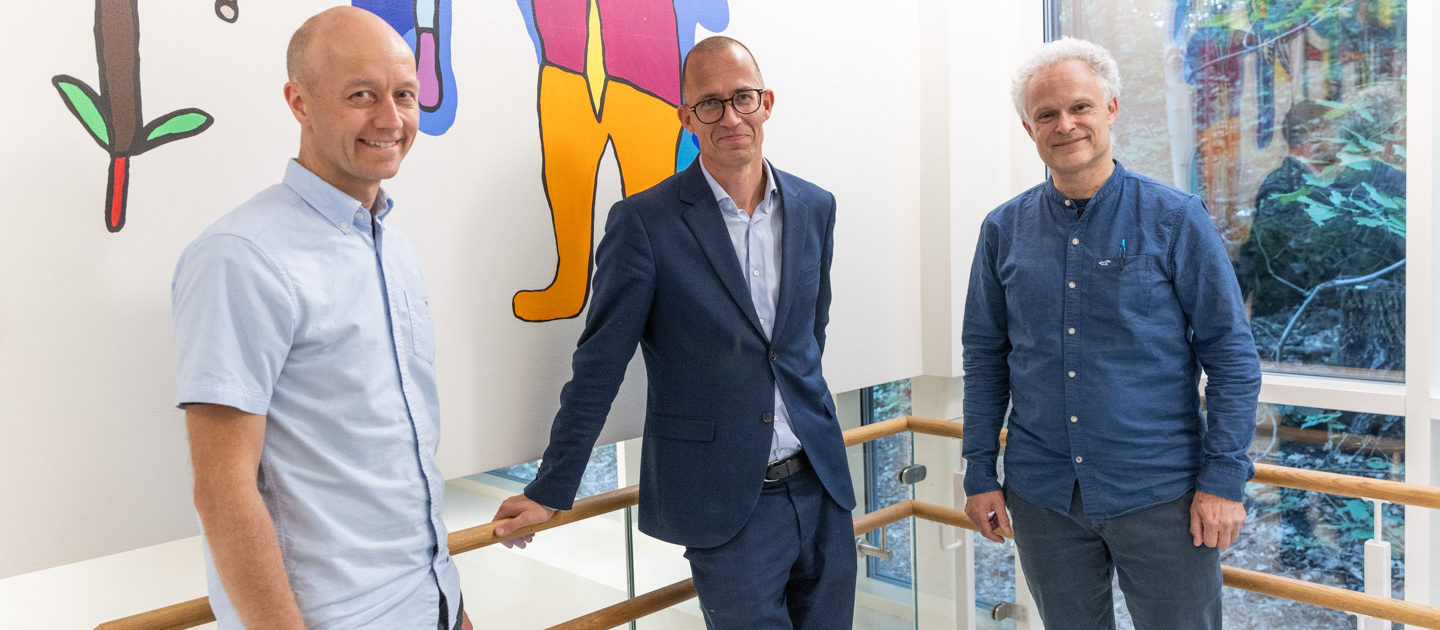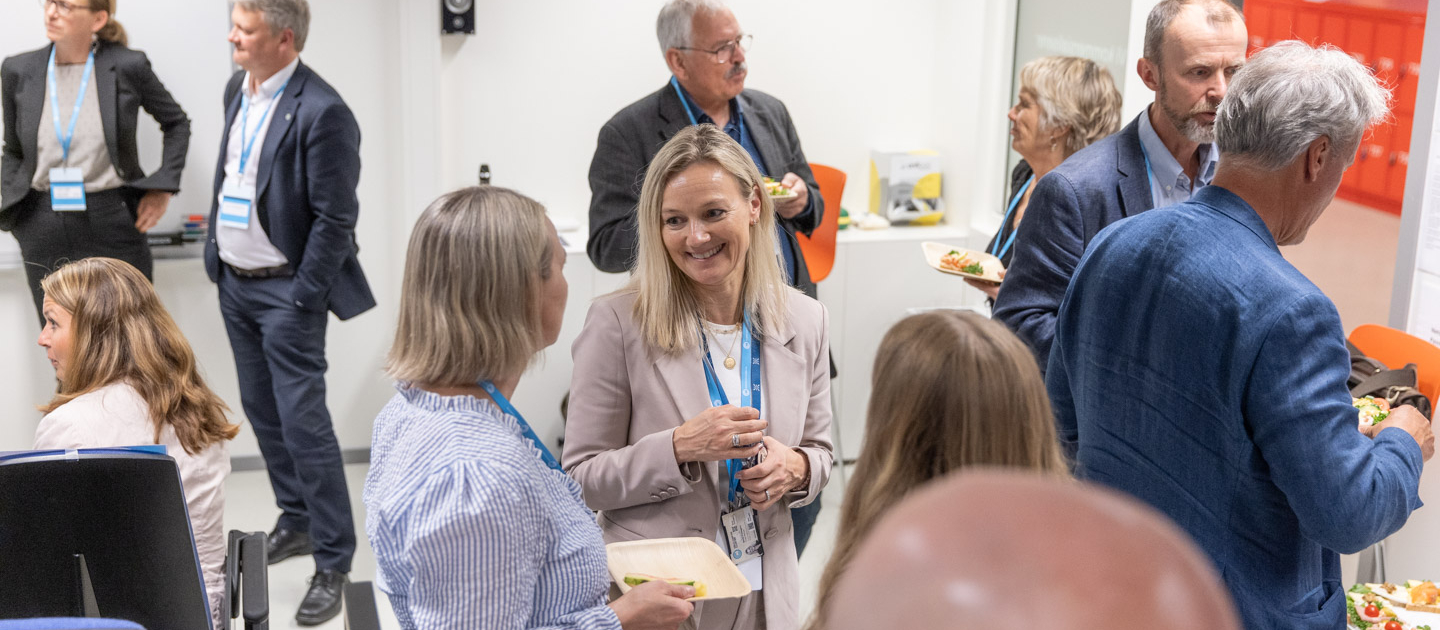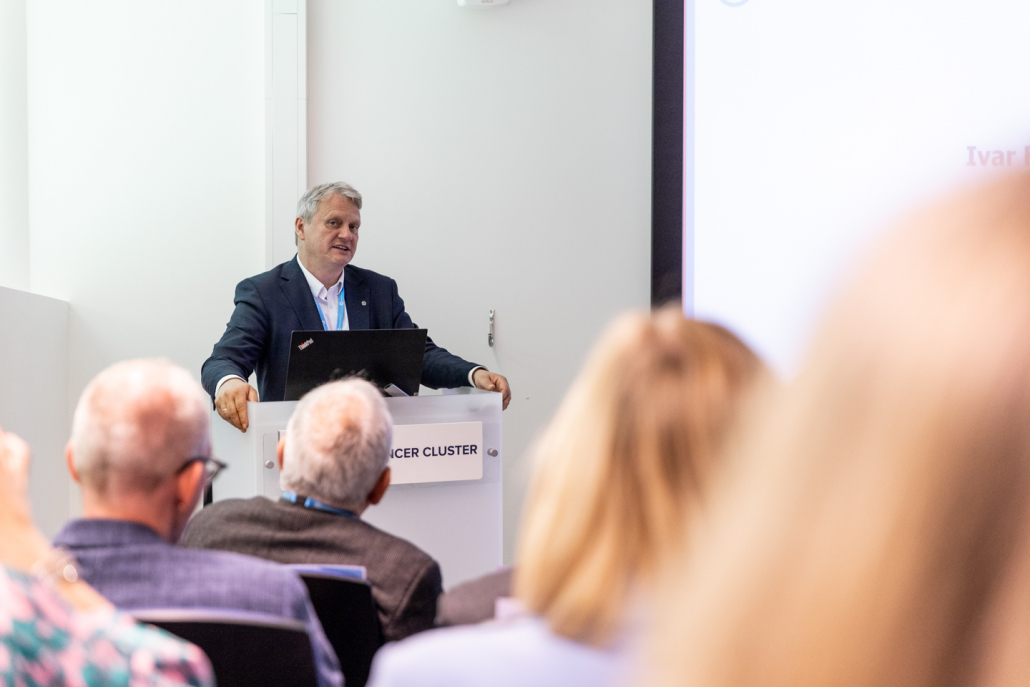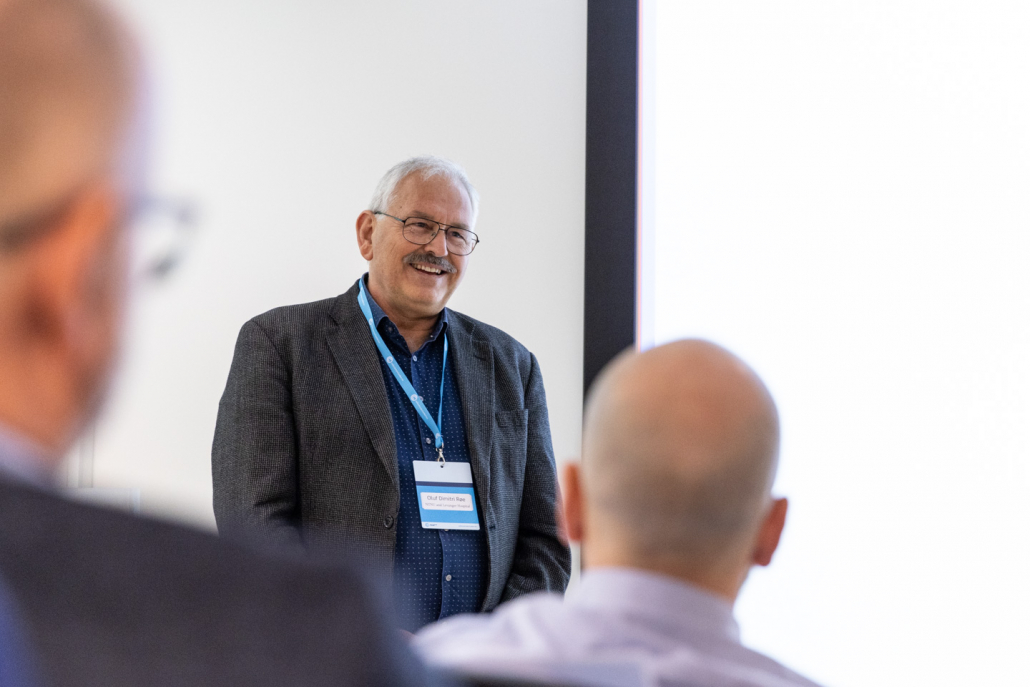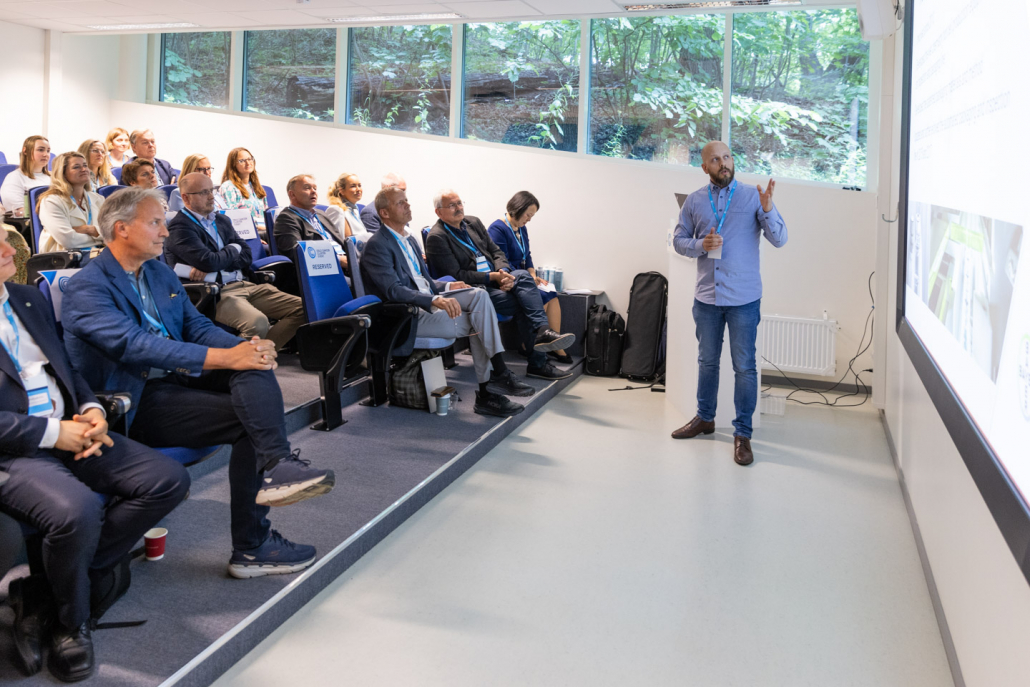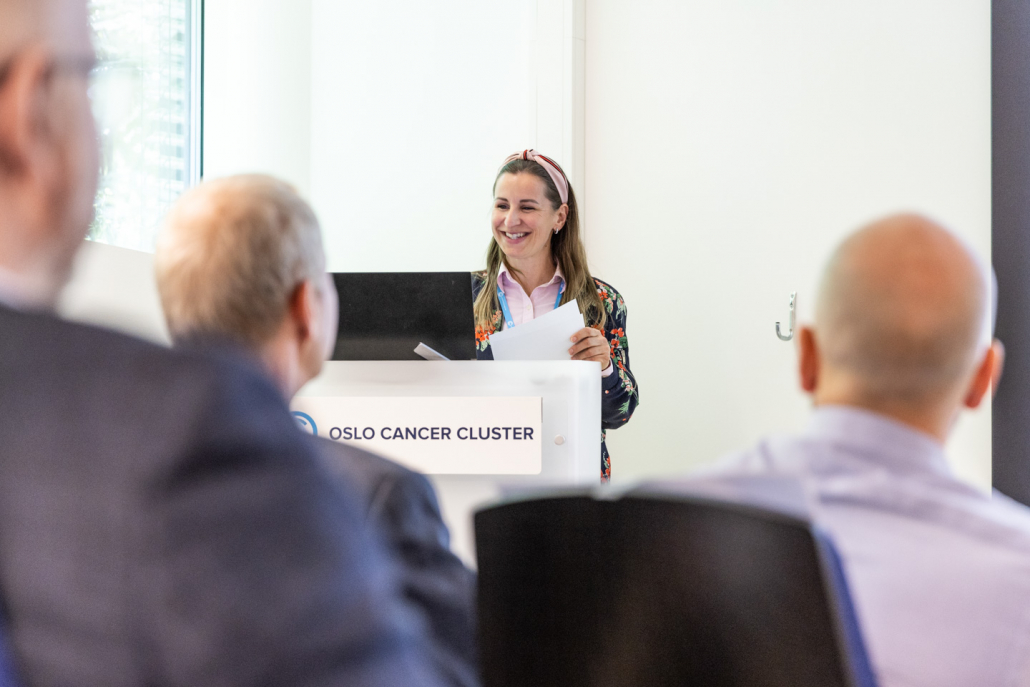Fighting the pandemic of antimicrobial resistance

This is the first article in the new series the Start-up Spotlight, which features the most promising start-ups from the Norwegian health clusters.
AdjuTec Pharma is preparing the company’s First-in-Human phase I clinical trial.
The Norwegian start-up company AdjuTec Pharma has developed a new antibiotic product in the fight against antimicrobial resistance (AMR), which is now ready to be tested in humans. The final product will be administered intravenously to severely ill patients infected with bacteria resistant to existing treatments.
AMR is a global challenge, where increasing number of pathogenic bacteria become resistant to existing antibiotics. Despite the relatively low number of AMR cases in Norway compared to other countries, there is a rise in AMR-affected individuals, according to a 2023 report from the Norwegian Institute of Public Health.
“Antimicrobial resistance is threatening modern healthcare. Physicians are running out of last-resort antibiotics for treatment of high-risk infections and as prophylaxis in for example cancer therapy and major surgical procedures” commented Bjørn Klem, CEO of AdjuTec Pharma.
Eliminating the bacteria’s defense
AdjuTec Pharma has developed APC148, an enzyme inhibitor that works on gram negative bacteria. Gram negative bacteria are resistant to multiple antibiotics and listed by the World Health Organisation as the leading cause of deadly bacterial infections in the world.
“Bacteria defend themselves by producing enzymes that destroy antibiotics. APC148 inhibits these enzymes and thereby protects the antibiotic. This restores the activity of the antibiotic – saving patients’ lives,” explained Bjørn Klem.
Based on cutting-edge Norwegian research
The unique technology was developed by Professor Pål Rongved’s research group at the University of Oslo. Rongved is the founder of AdjuTec Pharma and was supported by Oslo Cancer Cluster Incubator to negotiate a licensing agreement with the University of Oslo and for obtaining the initial private funding.
The product has already been tested and validated in animal models. Now the phase IA trial will determine how APC148 behaves in the human body (pharmacokinetics) and evaluate the safety of the compound. The trial will involve groups of healthy volunteers who will receive single escalating doses. The first results are expected already early 2025. The phase IB trial starting in 2025 will then investigate how the APC148 works in combination with a broad-spectrum antibiotic.

Adjutec Pharma is a part of Oslo Cancer Cluster Incubator and currently located at Rebel in Oslo. Photo: Fartein Rudjord
A one-of-a-kind invention
Bacteria produce two kinds of enzymes, serine-ß-lactamases (SBLs) and metallo-ß-lactamases (MBLs). There are SBL-inhibitor products on the market, however no MBL-inhibitor products.
“APC148 has a unique mechanism-of-action versus other MBL-inhibitor products in pipeline making this a first-in-class product candidate,” said Bjørn Klem.
AdjuTec Pharma has ambitious plans for the enzyme inhibitor, aiming to combine it with various antibiotics.
“APC148 can be combined with different broad-spectrum antibiotics, including carbapenems and cephalosporins. After intravenous administration, APC148 should preferably have comparable pharmacokinetics, meaning plasma profile, distribution and route of elimination from the human body as the antibiotic. There should be no interactions between the compounds,” explained Bjørn Klem.
Commercial opportunity
AMR is growing at an alarming rate and MBL-producing bacteria will be a big challenge to the health care system for years. There is therefore a high unmet medical need targeting the class of bacteria enzymes called MBLs.
“Hardly any modern antibiotics on the market work against MBL-producing bacteria and we now have a technology at hand that can become a game-changer,” commented Bjørn Klem.
- For more information about the company and their product, please visit Adjutec Pharma’s website or contact CEO Bjørn Klem.

The series The Start-up Spotlight and The Scale-up Spotlight are produced in collaboration between the Norwegian health clusters: Norway Health Tech, Oslo Cancer Cluster, The Norwegian Smart Care Cluster, The Life Science Cluster and Biotech North. The initiative was funded by Viken fylkeskommune. Please contact us, if you wish to have your company to be featured.
The post Fighting the pandemic of antimicrobial resistance first appeared on Oslo Cancer Cluster.


